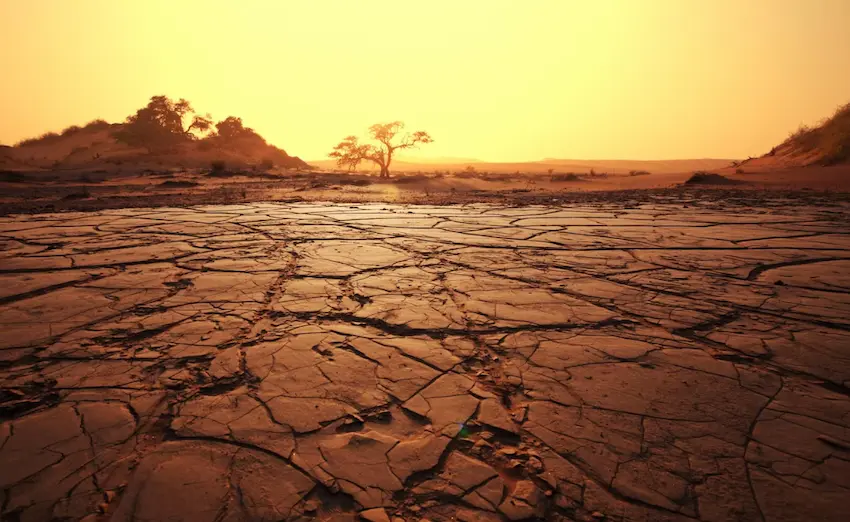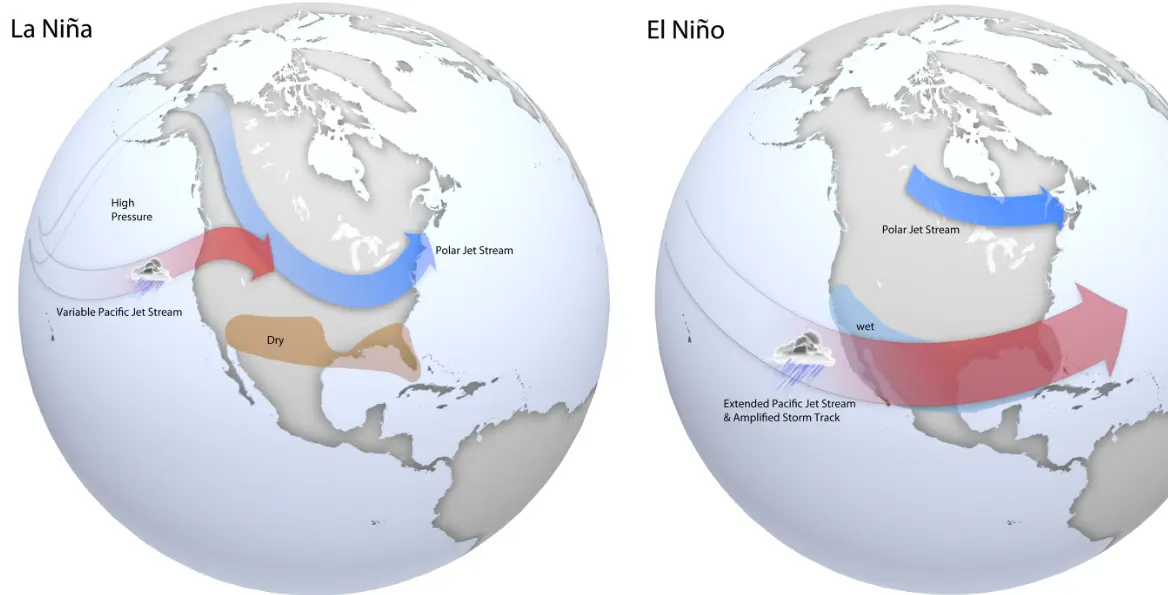Blood pressure is the force exerted by circulating blood against the walls of the blood vessels. It is a vital sign that reflects the heart's efficiency in pumping blood and the arteries' resistance to blood flow. It is typically measured...
Sushi is a traditional Japanese dish that consists of vinegared rice combined with various ingredients, such as raw or cooked seafood, vegetables, and sometimes tropical fruits. Originating in Japan during the 8th century as a method of preserving fish by...
Feedback analysis is the systematic process of examining and interpreting feedback from customers, employees, or users to uncover insights, patterns, and trends. This involves collecting data through surveys, reviews, interviews, or social media, then categorizing it into themes such as...
Cyber threats refer to malicious activities designed to exploit vulnerabilities in computer systems, networks, and digital infrastructure. These threats can range from sophisticated cyberattacks by nation-states to opportunistic crimes by individuals, often aiming to steal sensitive data, disrupt operations, or...
IoT security refers to the practices, technologies, and strategies designed to protect Internet of Things (IoT) devices, networks, and data from cyber threats. As billions of interconnected devices—such as smart home appliances, industrial sensors, and wearable gadgets—exchange data over the...
Mexican cuisine is a vibrant and diverse culinary tradition rooted in the indigenous cultures of Mesoamerica, blended with Spanish, African, and other influences introduced during colonization. Originating from ancient civilizations like the Aztecs and Mayans, it emphasizes fresh, bold flavors...
CPC, or Cost Per Click, is a digital advertising pricing model where advertisers pay a fee each time their ad is clicked by a user. It is widely used in platforms like Google Ads, Bing Ads, and social media networks...
In the heart of the arid landscape, the sun blazes unforgivingly across vast expanses of cracked earth and shimmering dunes. Sparse vegetation clings tenaciously to life, with hardy cacti and thorny shrubs defying the relentless drought. Winds whisper through the...
La Niña es un patrón climático periódico que se produce en el Océano Pacífico, caracterizado por temperaturas superficiales del mar más frías de lo normal en la región central y oriental ecuatorial. Forma parte del ciclo de la Oscilación del...
Food labeling refers to the information provided on packaging or containers of food products to inform consumers about contents, safety, and nutritional value. It is regulated by authorities such as the FDA in the United States and the European Food...









